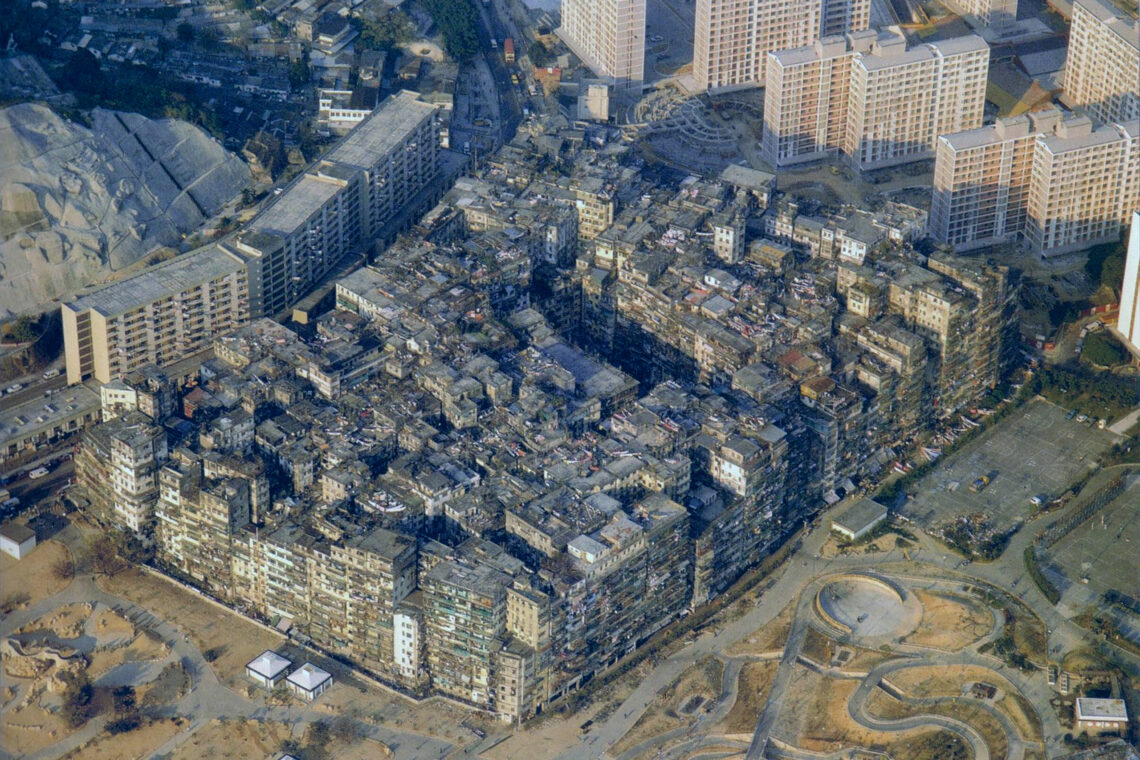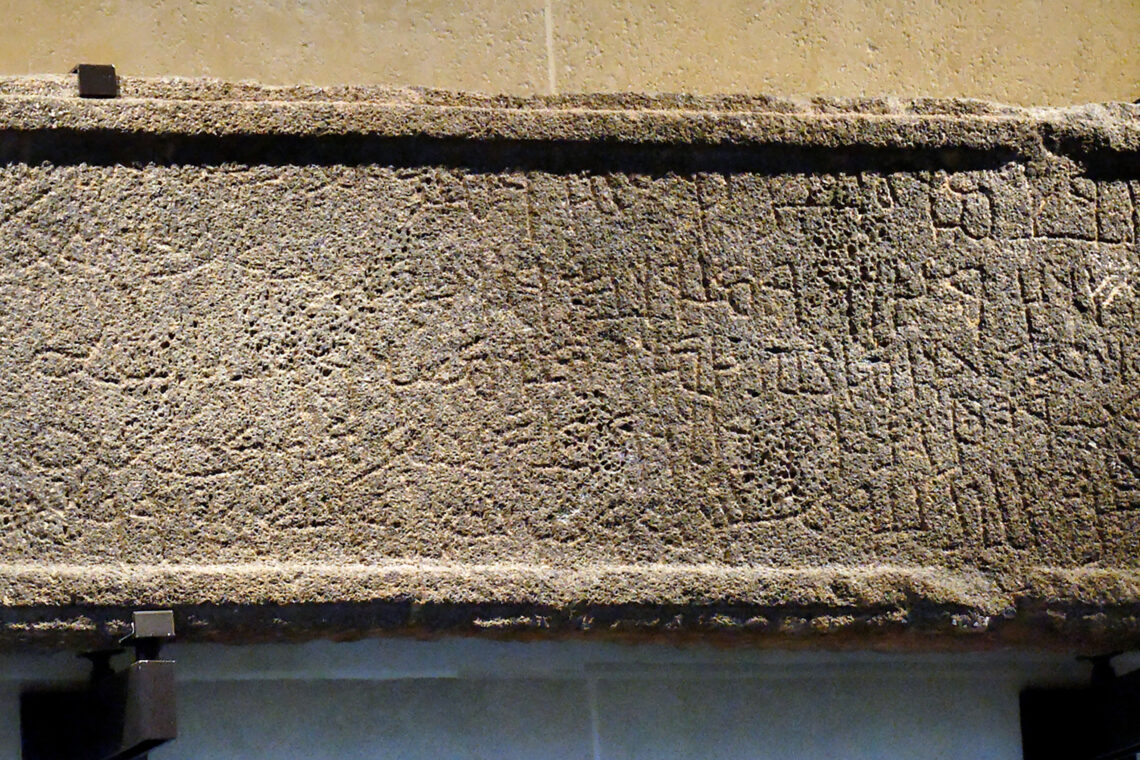The United Nations just released its Human Development Index, ranking Morocco 126 among 175 countries, well below most Arab states. This report, which measures life expectancy, adult literacy, schooling, and income, among other social indicators, comes on the heels of another UN report released in March showing that the country has the worst fresh water quality—except Belgium—of the 122 countries surveyed. And now, the government itself is reporting that the national health system is in a shambles.
What is rather startling about these reports is that they don’t seem to be reflected in Morocco’s image of an increasingly modern state, or in its good global standing in several sports. On could understand why Bahrain, Kuwait and the United Arab Emirates would be included among the ranks of nations with high development, but Morocco comes near the end of the Medium Human Development category, below Libya (61), Saudi Arabia (73), Lebanon (83), Jordan (90), Tunisia (91), Iran (106), Algeria (107), Syria (110) and Egypt (120). This doesn’t make sense to us since Morocco appears to be more developed than some of these countries.
We also thought that a long, enlightened policy of water management has spared Morocco the fate of countries without enough water resources, particularly those in the Middle East. Not so. When it comes to clean, fresh water, we are second to last, below Niger, Burkina Faso, and Burundi. Our beaches may be getting cleaner (according to a recent report), but good drinking water, it seems, is getting scarce.
And now, Prime Minister Driss Jettou himself just presided over a meeting in Casablanca that called attention to the critical condition of the national health system. When it comes to access to health care, the country is divided between rural and urban and among regions. Yet this is not the only problem. The state’s allocation for health care—a mere 4.5% of GDP—is laughable. About 30% of Morocco’s hospitals are more than 50 years old, while bureaucracy is rampant and eats up most of the budget. The Prime Minister has called for immediate action—including establishing emergency centers, specialized pediatric services, and oncology clinics–but repairing the health care system and bringing it up to par with Morocco’s potential is a long-term project and won’t happen overnight.
As I have said before, despite these bad rankings and diagnoses, Morocco is capable of moving forward in a shorter period of time, if wise policymaking overtakes older mentalities and opens up spaces for dynamic youth to do their job. We could do better, but only if we all chipped in. We don’t have the luxury to sit on the sidelines. An ounce of prevention is worth a pound of cure.




Comments are moderated by the editor and may not appear on this discussion until they have been reviewed and deemed appropriate for posting. All information collected is handled in a manner consistent with our privacy policy.